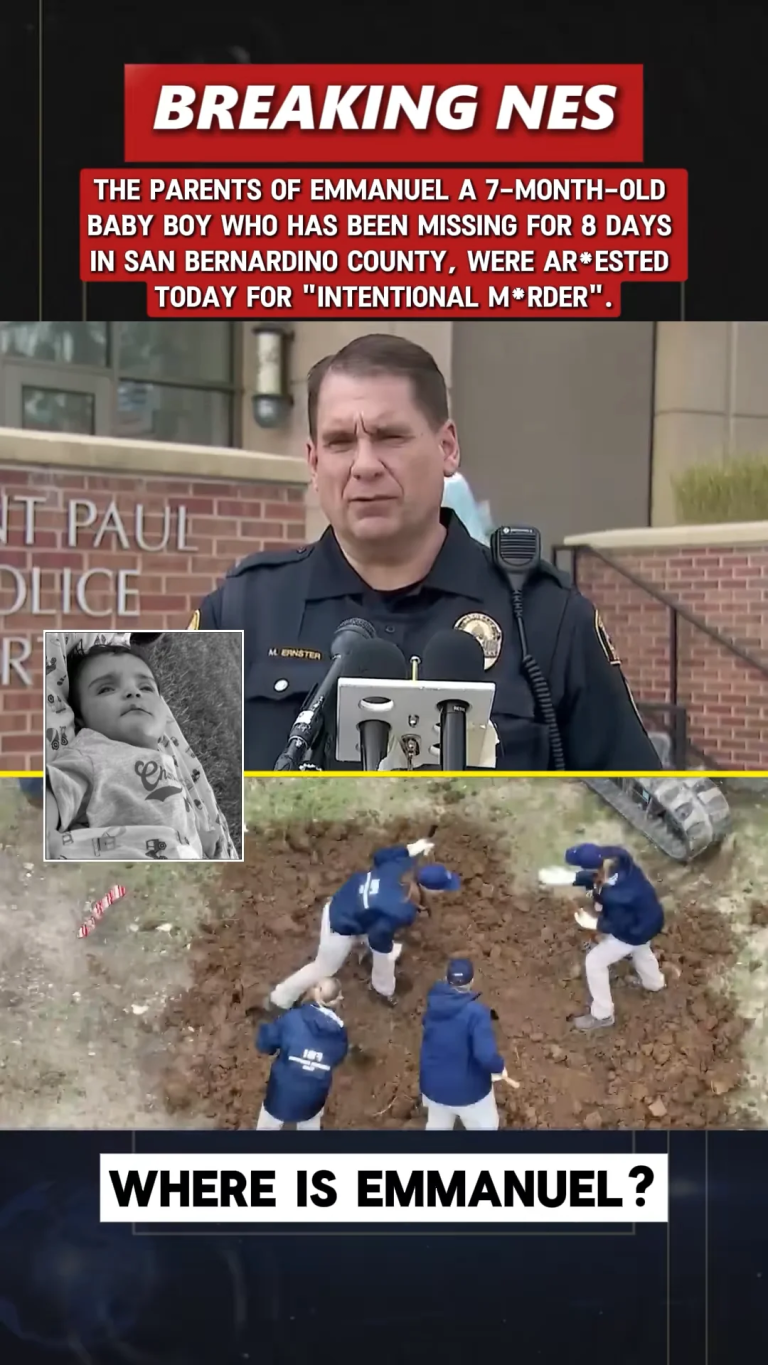
Oklahoma Police Standoff Highlights Challenges in Handling Mental Health Crises
In a tense encounter in Oklahoma, officers faced a difficult situation involving a woman suffering from bipolar disorder, revealing critical challenges in law enforcement’s approach to mental health emergencies.
The incident began when police responded to a call involving a woman named Raiden (name changed for privacy), who was exhibiting signs of distress and anxiety inside a business. Officers approached the locked door cautiously, but tensions quickly escalated.
Officer Ronnie, tasked with de-escalation, attempted to communicate with Raiden. However, his actions — including pressing on the creaky door and telling Raiden “Nobody’s trying to kill you” — appeared to increase her anxiety rather than calm her. Raiden repeatedly asked officers to stay away, spraying aerosol air freshener in an apparent attempt to defend herself.
At one point, Raiden was observed holding a lighter, raising safety concerns among officers and staff. Backup officers soon arrived, and after assessing the risk, law enforcement decided to forcibly enter and take Raiden into custody.
During the interaction, it became clear Raiden was struggling with bipolar disorder, a serious mental health condition characterized by mood swings and anxiety. Oklahoma’s policies on handling mentally ill suspects emphasize the need for sensitive and careful de-escalation techniques — something critics argue was lacking during this encounter.
Experts note that interactions like this highlight the urgent need for specialized training for police officers to handle mental health crises effectively and humanely, to avoid escalating situations or causing harm.
Raiden’s case is a stark reminder of the complexities law enforcement faces when mental illness is involved, and the importance of bridging gaps between police and mental health support systems.
This incident raises important questions: Are officers adequately trained to manage mental health emergencies? How can communities ensure vulnerable individuals receive the care and understanding they deserve?
As discussions around mental health and policing grow louder nationwide, this Oklahoma standoff serves as a crucial example of why reform and education are urgently needed.



